It’s 2:00PM on a beautiful warm day at Zeiger Elementary in South Hill, Puyallup. You can hear happy voices on the playground. If you listen closely you will hear little voices speaking Spanish. Martha Santoyo, their teacher, introduces me as Mr. Peter. I am greeted with “Hola Señor Pedro.” This is Avanza, one of two bilingual Early Childhood Education and Assistance Program (ECEAP) classrooms operated by Pierce County Human Services. Avanza means moving forward in Spanish.
As I walk on the playground to engage with the children, a little girl approaches me with a stick of chalk in hand. She begins drawing on the blacktop. I ask her what she is drawing. She draws squares and circles. She stands and grabs my hand. She asks me to draw with her. I make flowers and trees. She smiles. She draws a heart, colors it and says it’s for me. At that moment my heart melts. I ask her to tell me her name. She says, "Itzel," and from that moment we’re BFFs!
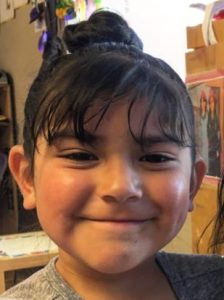
We talk and joke. I ask her to teach me some Spanish. How do you say tree in Spanish, I ask? She says, “Árbol.” I repeat back. How do you say girl? She says, “Niña.” Now others are hearing our Spanish lesson and chime in. A boy demands that I ask him a word. I say chicken (laughter). He says, “Pollo.” I respond with El Pollo Loco (pronounced L Po-yo Lo-co – referring to The Crazy Chicken, a fast food grilled chicken restaurant in California). Each and every kiddo in hearing distance laughs out loud! I turn red. I thought I said something wrong. It dawned on me there are no El Pollo Loco restaurants in Washington.
I am saved by the bell! Students line up like little soldiers. Their teachers, Martha Santoyo and Margarita Little, lead them into a portable classroom on the school grounds. Itzel breaks ranks and gently takes my hand to make sure I get to the right place. When I enter the space, I see a well-organized classroom. I see life itself filled with happiness. A young man, Axel, approaches me, proudly wearing his new suit jacket. I acknowledge how sharp he looks. He smiles.
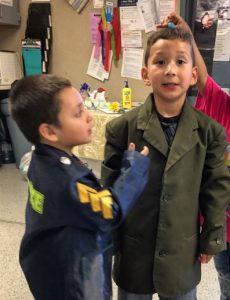
I quickly learn my playground word game is not over. Brandon pulls out a box filled with plastic animals and holds up a horse and they say caballo. Next he pulls out a dog and I hear perro. They ask me to repeat in Spanish. Next is a cow (vaca), a goat (cabra), an elephant (elefante) and so on. I repeat in Spanish each animal taken from the box.
The Avanza ECEAP Program provides a window of opportunity for enriching growth and development and reducing vulnerability to social stressors such as poverty so that our children can know who they can become. The children’s progress is measured in seven key categories:
- Mathematics – The ability to use number concepts and operations, explore and describe spatial relationships and shapes, compare and measure, and knowledge of patterns.
- Literacy – The ability to demonstrate phonological awareness, knowledge of the alphabet, knowledge of print and its usage, comprehend and respond to books or other texts, and emergent writing skills.
- Cognitive Development – The ability to demonstrate positive approaches to learning, remember and connect experiences, use classification skills, and use symbols and images to represent something not present.
- Language – The ability to listen to and understand increasingly complex language, use language to express thoughts and needs, and use appropriate conversational and other communication skills.
- Physical Development – The ability to demonstrate traveling skills, balancing skills, gross-motor manipulative skills, and fine-motor strength and coordination.
- Social-Emotional Development – The ability to regulate own emotions and behaviors, establish and sustain positive relationships, and participate cooperatively and constructively in group situations.
The chart below provides proof that Avanza ECEAP works. Please note that sometimes when dual language learners grow developmentally in the area of Language there is more expectation for them to meet and master language objectives, which could result in regression at times.
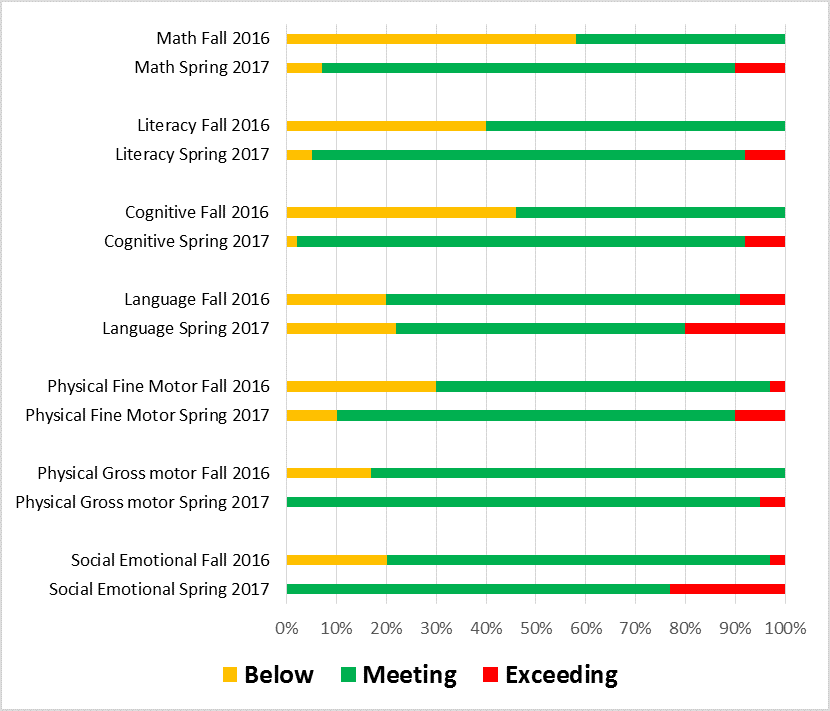
Before I leave, I ask Margarita and Martha what ECEAP means to them. Margarita said, “It means being able to touch a life and believe we are planting a seed that will positively impact the future.” Martha replied, “To be an ECEAP teacher is to help families and children become self-reliant and successful in life.” These are words spoken from a team with over twenty years of experience.
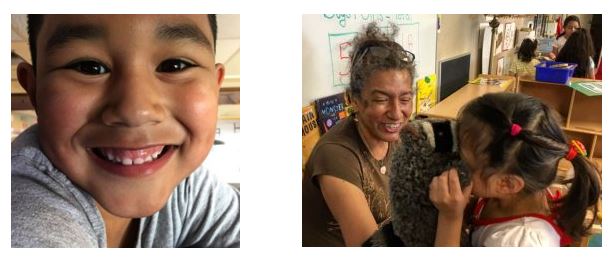
I left this experience on a natural high.
On my way back to the office I reflected on my visit. I thought about my family, my job and my community. Mostly, I thought about my experience with three- and four-year-olds. They are open, honest and unfiltered. I left with the strong sentiment that we are their voice. So, some food for thought as you listen to little voices:
- Learn from three- and four-year-olds. They can teach you a lesson. Don’t ignore our future!
- Go slow, listen and learn. Don’t go too fast. Life will pass you by.
- Look for joy; it's always there. You don’t have to go far to find it.
- Let little ones lead you. Hold their hands.
- Pay more attention. Read a book. Eat dinner together. Stop staring at your phone.
- Dream like a happy child. It puts humanity into perspective.
- Believe. Consider that everything is possible and you'll make more things happen!
- Be happy for no reason. It fills the soul.
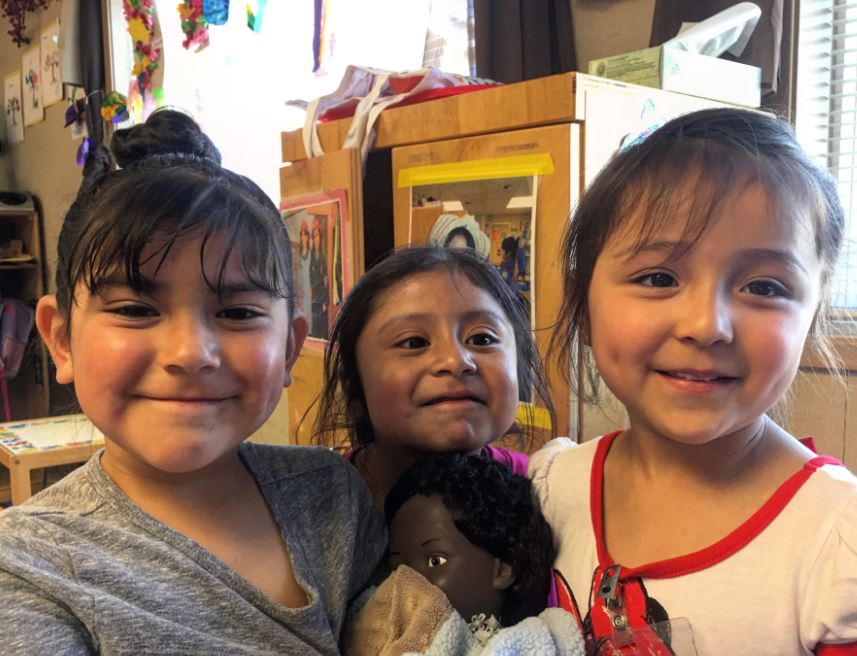
For further information regarding the Early Child Education and Assistance Program services we provide, please contact Kristin Kenyon at 253.798.3671.
Avanza!

